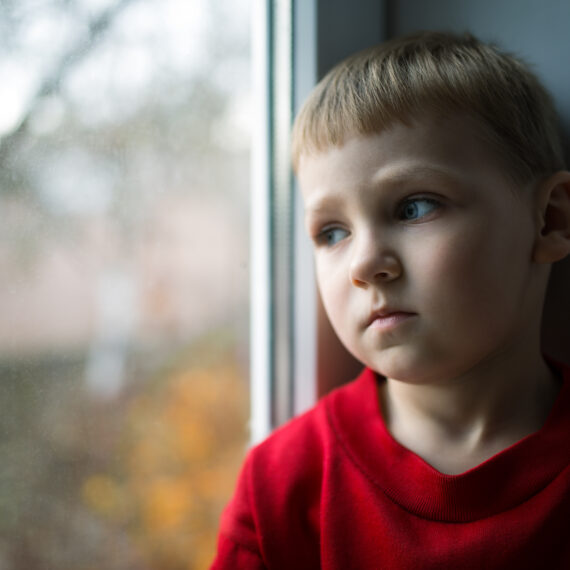Leaving the subject of the murder open for more conversation is essential. Often, a child may not have more questions but need to talk about what they already know. Other times, they have more questions. As an adult, it’s important to gauge whether the child can handle more information at that time. It’s vital to let them know you will tell them more at another time and then follow through.
If a child asks a question about what has happened, they are usually ready to hear the answer. However, supportive adults may need to anticipate the questions and anxieties a child may develop in their mind and take responsibility for initiating those conversations.
Children may ask the same questions over and over. Giving honest, open, and transparent answer, again and again, is reassuring to the child. The child isn’t testing you or trying to push your buttons. They heard you the first time but need to hear you again, as often as it takes them to process this horrible event. Your calm, honest answers are helping the child get through this very difficult time.
Don’t be surprised if the child returns to play or starts to act disinterested while you are answering the questions. It may be that the child has all the information he or she can handle at that time. The child will return to the topic when he or she is ready.
The difficulty of supporting a child in their grief and loss is that you’re also processing your own. Be aware of your own sense of discomfort and be open about it with the child. But do not lean on the child for support. That is considered emotional incest. It can be reassuring to children to know that they are not alone in dealing with grief and other feelings. It is overwhelming to children to feel they have to regularly comfort and encourage the adults they rely on for support.
It’s important to understand that a child may not ask a question, talk about the person, or even express emotion because they are concerned about upsetting you or other family members. Without these chances to vent their emotions, their anxieties and feelings may come out in different ways, for example, in behavior, withdrawal, or risk-taking.
It’s also essential to engage the help of your child’s school and even church to give your child’s peers tools to help cope with the disturbing facts of the murder. Often, the other children will withdraw from your child because they are confused about how to act and what to say.







